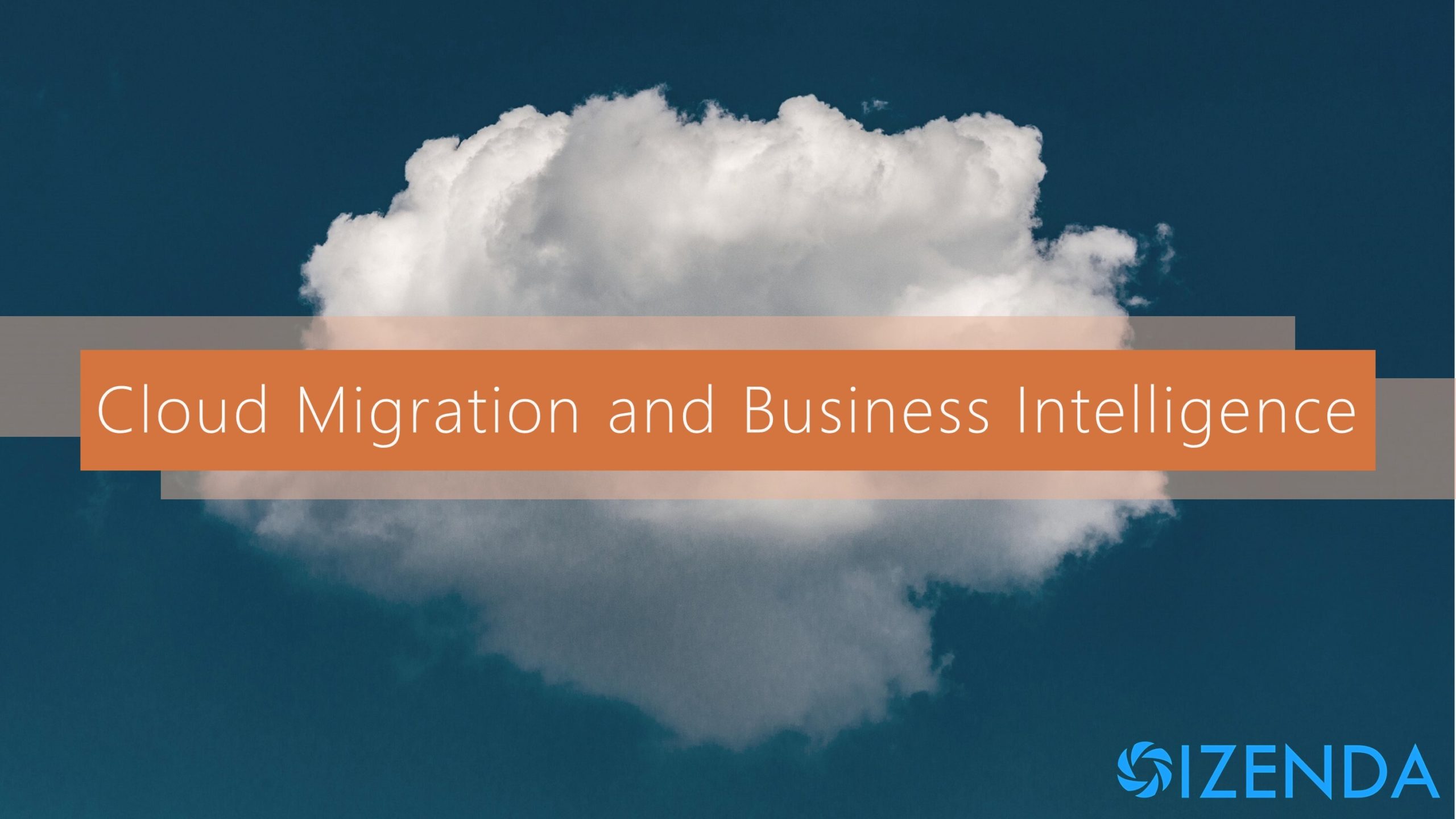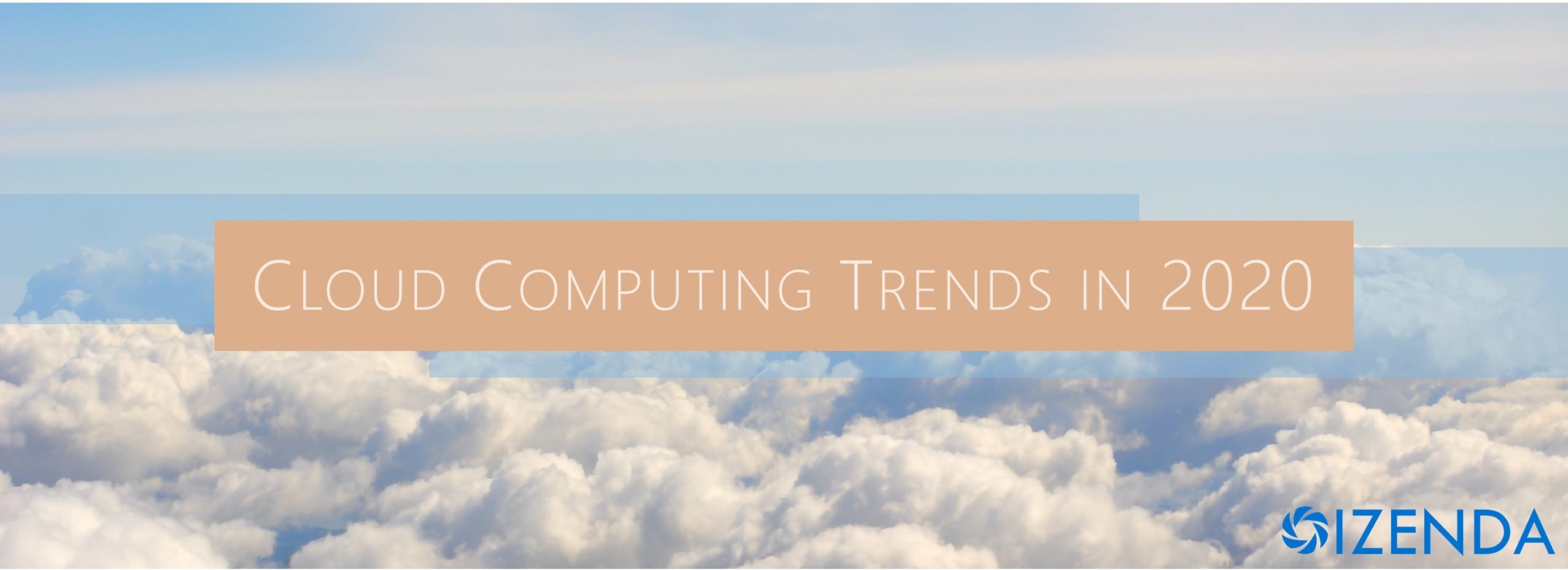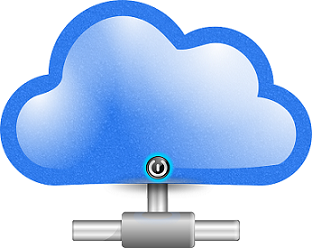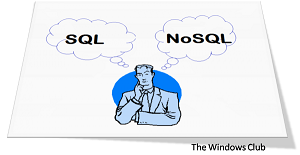
But many organizations keep putting it off. And you can’t blame them. Cloud migration is difficult, complex, and causes a general disruption in your business. And disruptions are potentially expensive.
In a nutshell, cloud adoption is risky and easy to put off if you don’t see an immediate need. But as Bill Kleyman put it, if you want to disrupt a digital-driven market, you yourself must be disrupted.


 Cloud computing will simply have been ingrained in the technology we use, and will cease to become a meaningful term for technologists. We’ll all be
Cloud computing will simply have been ingrained in the technology we use, and will cease to become a meaningful term for technologists. We’ll all be  Buy one Xbox One console, get three virtual consoles along with it — those companions will be stored in the cloud.
Buy one Xbox One console, get three virtual consoles along with it — those companions will be stored in the cloud. It cannot be ignored: choosing SQL or NoSQL to manage your database is important. If your data matters, then it also matters which query language is applied to your databases. You cannot afford to leave it to the IT experts alone.
It cannot be ignored: choosing SQL or NoSQL to manage your database is important. If your data matters, then it also matters which query language is applied to your databases. You cannot afford to leave it to the IT experts alone.